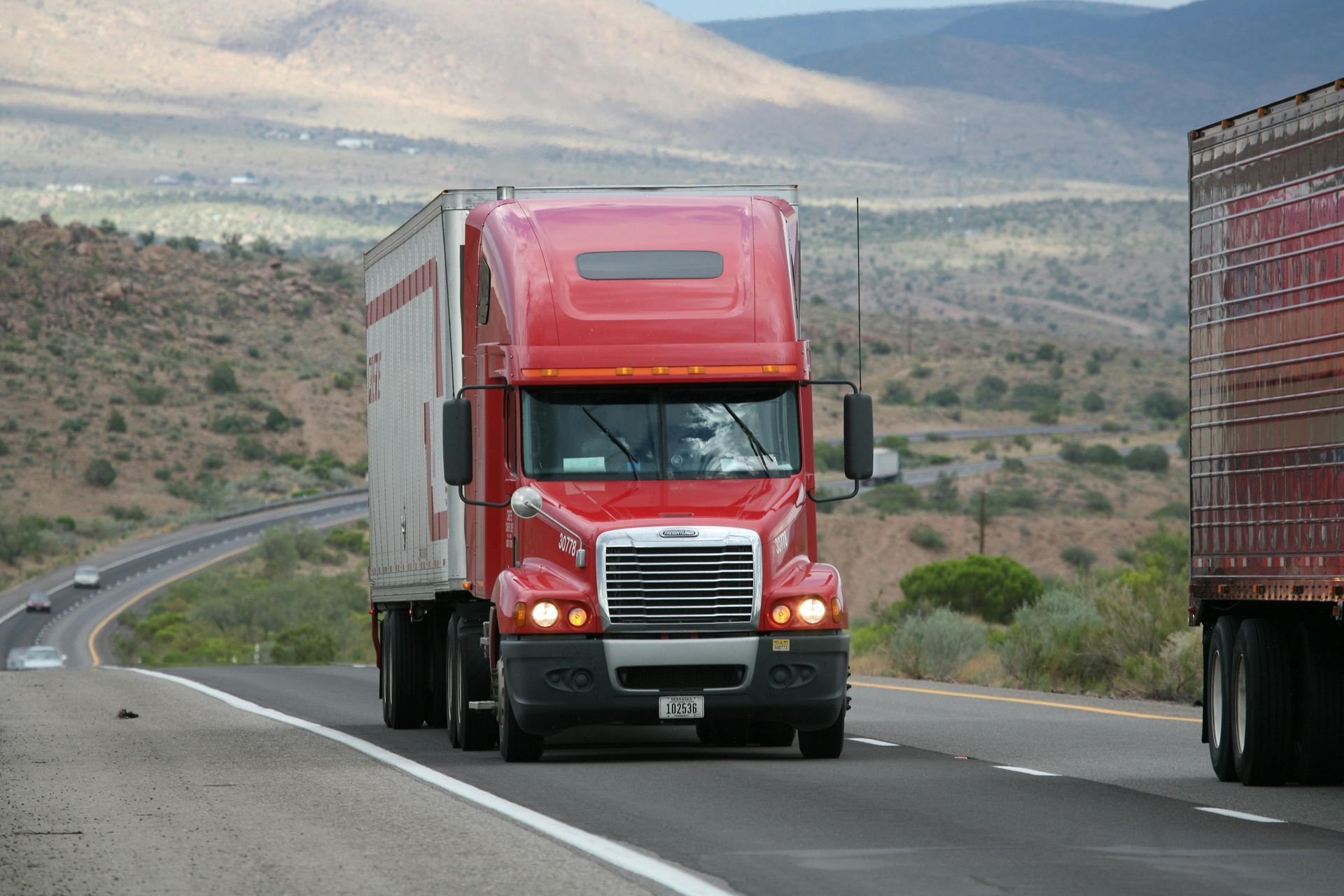Transportation - Sales Tax
January 11, 2020
Share this article:

Transportation (in sales and use tax law) generally refers to companies who are in the business of transporting tangible personal property for others in interstate and/or intrastate commerce. This movement can be by the means of rolling stock trucks, truck tractors, trailers, etc. States most often require transportation companies to first be registered as an "Interstate Common Carriers" (ICC) as prescribed under federal law. Once this classification is obtained, a transportation company, may then claim very specific sales and use tax exemptions. These exemptions can include exemption from tax on the purchase of the transportation equipment, and can be extended by a state to the tangible personal property used to the repair the equipment.
In states that tax specific services, some have also granted sales and use tax exemptions to services (repair and maintenance labor) rendered on the actual transportation equipment. Approximately two-thirds of the states grant the above cost saving exemptions for the purchase or lease of transportation equipment (rolling stock). While only one-third of the states grant the above cost saving exemptions on repair parts to the equipment.
The transportation industry is an extremely complicated industry to understand when attempting sales and use taxes. Many transportation, specially trucking operations, do not have accounting personnel who study the business operations and exemptions. As a result, many trucking operations fail to advantage of these exemptions missing out on thousands of cost savings.
Exemptions are statutory, not loopholes, and are closely regulated but can save companies significant cost. To take advantage of these exemptions, a company needs to be a transportation company. Many questions arise when companies look to take advantage of these exemptions.
- Dose our fleet qualify as a transportation company to save on sales tax?
- Do regulations vary state-by-state?
- What is the criteria for vehicle to be exemption from sales taxes?
- What is and is not exempt?
Our skilled team is prepared to assist you in evaluating your operations to answer questions, finding and staying on the road to compliance while maintaining the maximum benefit from the available sales tax exemptions.






